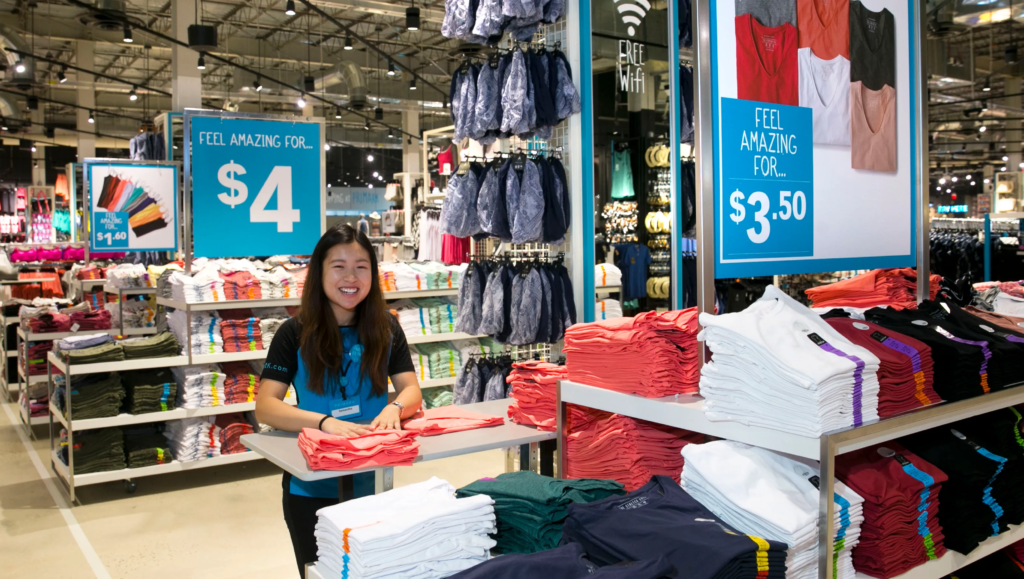Primark has taken a significant step in sustainable fashion by joining The Fashion ReModel, a project by the Ellen MacArthur Foundation aimed at advancing circular business models within the industry. This initiative, which was announced at the Global Fashion Summit in Copenhagen, sees Primark collaborating with other prominent brands to tackle the challenges of scaling up circular practices such as resale, rental, repair, and remaking.

The move is in line with Primark’s sustainability strategy, Primark Cares, and its goal to ensure all its clothing is made from recycled or sustainably sourced materials by 2030. Currently, 55% of Primark’s offerings meet this criterion. The Ellen MacArthur Foundation estimates that achieving a 23% market share in circular fashion services by 2030 could reduce the industry’s CO2e emissions by up to 16%.
Primark’s commitment to circularity includes making pre-loved clothing more accessible through partnerships and in-store offerings, such as the upcoming ‘Primark presents Pre-loved’ trial in the UK. The retailer is also focusing on circular design principles, ensuring clothes are designed to be re-worn, repaired, and recycled. This includes developing a Circular Product Standard and training product teams in circular design.
To enhance the durability of its clothing, Primark has collaborated with WRAP to establish a durability wash framework, with a significant portion of its clothing range undergoing durability wash testing. The ‘Love it for Longer’ repair program further underscores Primark’s dedication to extending the life of garments through repair workshops and online resources.
Nick Lambert from Primark emphasizes the need for rapid progress towards circularity to depart from the traditional linear fashion model. Jules Lennon from the Ellen MacArthur Foundation commends Primark’s efforts and calls for more businesses to join the push towards a circular economy in fashion, where clothes are used extensively and shared among many. This initiative represents a collective effort to reshape the fashion industry into a more sustainable and responsible sector.





